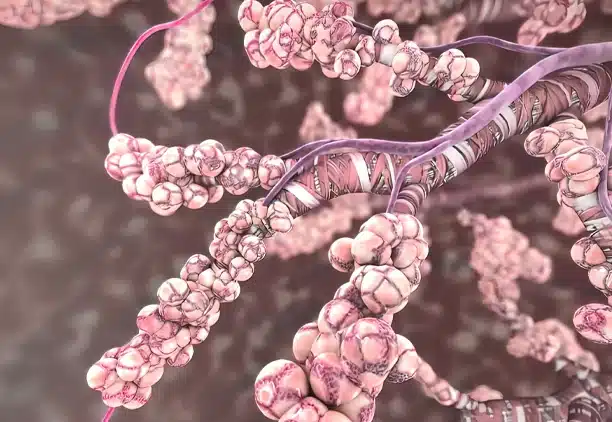Gerardo Garza, MD, FCCP attended medical school at the University of Monterrey in Mexico, where he graduated in the top five of his class with an award of excellence achieved for outstanding performance during the last year of medical school. He performed one year of community service working in a rural clinic.
As a top graduate he was offered the opportunity of doing an internship in San Antonio, Texas. After receiving his medical school diploma Dr. Garza was accepted to the University of Texas Medical Branch (UTMB) at Galveston for his residency training in internal medicine. After completing the three year program he was selected to be chief resident for a year, an honor reserved only to those physicians at the top of their class who exhibit exceptional leadership skills and excelled in their performance during residency training.
After completing his chief resident year he entered a competitive sub-specialty training program in pulmonary and critical care medicine for an additional three years, also at UTMB. Throughout his training Dr. Garza developed an interest in the disparities in healthcare at the end of life in ICU, antibiotic resistant bacterial infections and resource utilization in ICU. He presented research work in those areas at national medical conferences (American College of Chest Physicians and American Thoracic Society). Since completing his fellowship training in 2010 Dr. Garza maintains active board certifications in both pulmonary and critical care medicine. He joined Pulmonary Consultants of San Antonio in 2014 and he is fluent in English and Spanish. He has an interest in improving patient safety in healthcare, and is currently working on his first publication on this subject. He strives every day to provide the best quality care possible to his patients. He also has experience participating in multiple hospital medical committees, including peer review and medical executive committee.
Dr. Garza is a fellow of The American College of Chest Physicians and a member of the Bexar County Medical Society. On a more personal level, during his spare time he enjoys to travel and spend time with his family, he is an avid reader of science fiction and practices classical piano. He is also an outdoor enthusiast, with a special focus in mountaineering.

